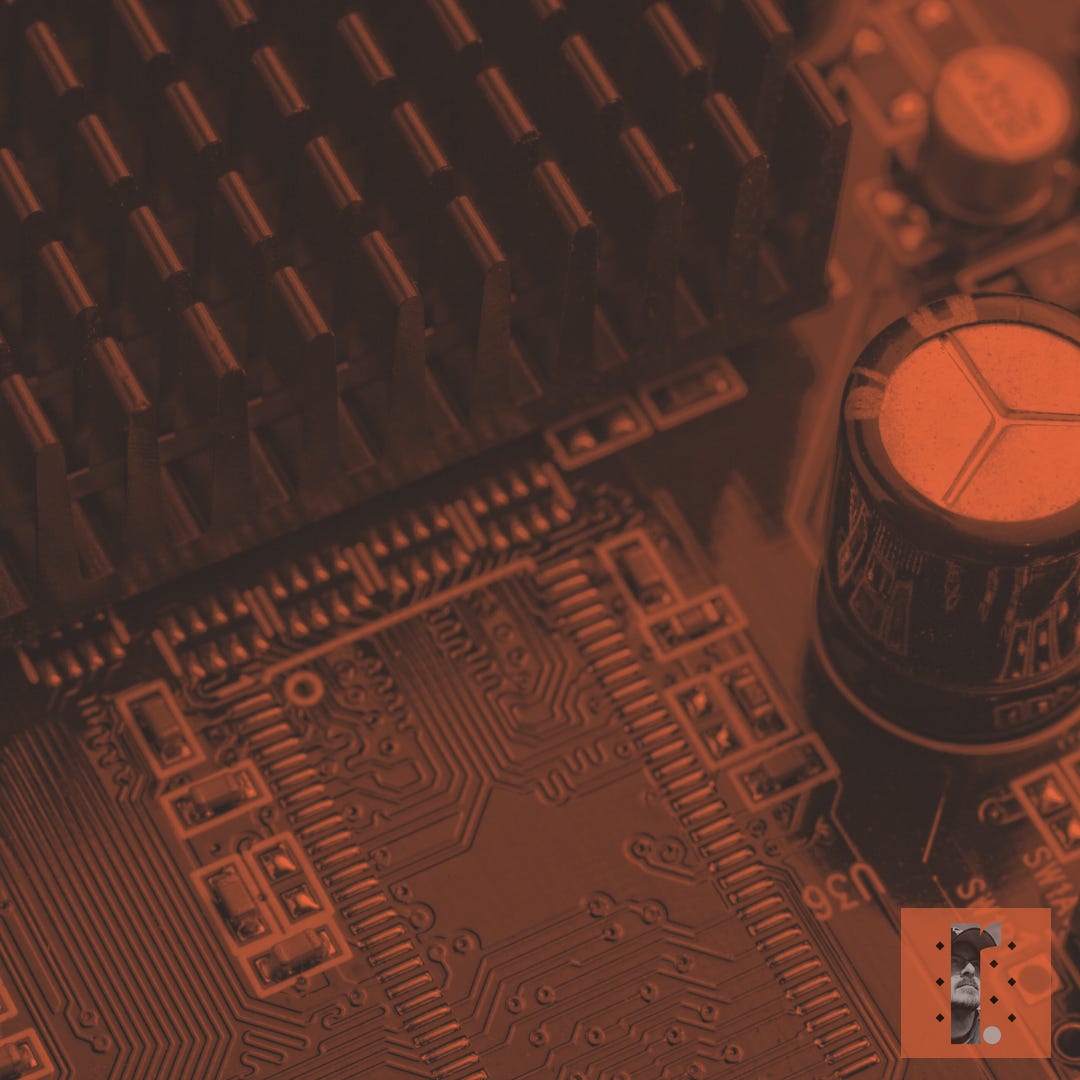Building on this post regarding Elon Musk's interest in Neuralink, I think it's absolutely critical that when any EMPATHY-like technology makes it to market, it be affordable for individuals of all economic backgrounds.
Imagine, if you would, having the ability to complement your cognitive function via the use of a computer without the need to interact with an external device. You could use this interface to store memories and reminders, and access information at a moment's notice directly in your mind. Great deal, right? Of course.
Until you look into its pricing and find it to be well out of reach for your income level.
Despite your interest in this augmentation, society's most affluent—the only to have access to it—cling to it, continuing to receive the best opportunities for employment and education, further accelerating the divide between them and folks like you. Relegated to second-or-worse-class status, your children and their children are left with even fewer options, instituting a sort of neural feudalism wherein those with the greatest access to cybernetic enhancement remain entrenched among society's elites.
At risk of sounding like a paranoid doomsday advocate, let's explore how proponents of this technology pitch it as a positive thing for society.
Information, they would argue, provides an opportunity to be the great equalizer. If all people have access to the same information—the same set of truths—humankind should, in theory, be able to build a greater understanding of itself. In better understanding itself, individuals themselves can best realize their potential and help others realize theirs. Hunky-dory (assuming there is an objective truth, but more on that in a future post).
There's validity to that argument, but it operates under the assumption that all people will have access to all the information all of the time. My doomsday scenario casts doubt on that premise if we accept that accessibility won't be the same for all individuals.
An analog of this phenomenon exists already where it comes to high-speed broadband internet access. When rural areas of my home state of Wisconsin, for example, lack access to quality internet, the impacts in areas like healthcare and education can have generational effects.
In healthcare, for example, efficient data transmission is imperative. Not only that, but with most health records now being shifted (or having already been shifted) to digital databases, passing information between hospitals and clinics quickly is of critical importance when someone's health or safety is on the line. DSL simply isn't sufficient enough to conduct business in 21st-century medicine.
Where education is concerned, high-speed internet access is a must in order to ensure top-rate schooling in modern America. The earlier children have access to and are able to make use of computers and the internet in a controlled setting, the better off they'll be once entering the workforce, college, or in their everyday lives.
When you have students without access to the same resources (whether across a rural/urban/suburban areas or across schools within the same district), it can (and does) create the same sort of doomsday scenario described above as it pertains to neural lace technology.
If something like EMPATHY were to hit the market without a plan to ensure equal access for all income levels, the divides described above could compound not only intergenerationally, but intragenerationally as well.
Though likely years away from anything like EMPATHY or Neuralink being available to the public, it's important to begin having these conversations now. Technological advancement may outpace legislative action in almost all cases, but technology as transformative as this will need to be met head-on if we're to have any hope of using it to truly bring one another together.





